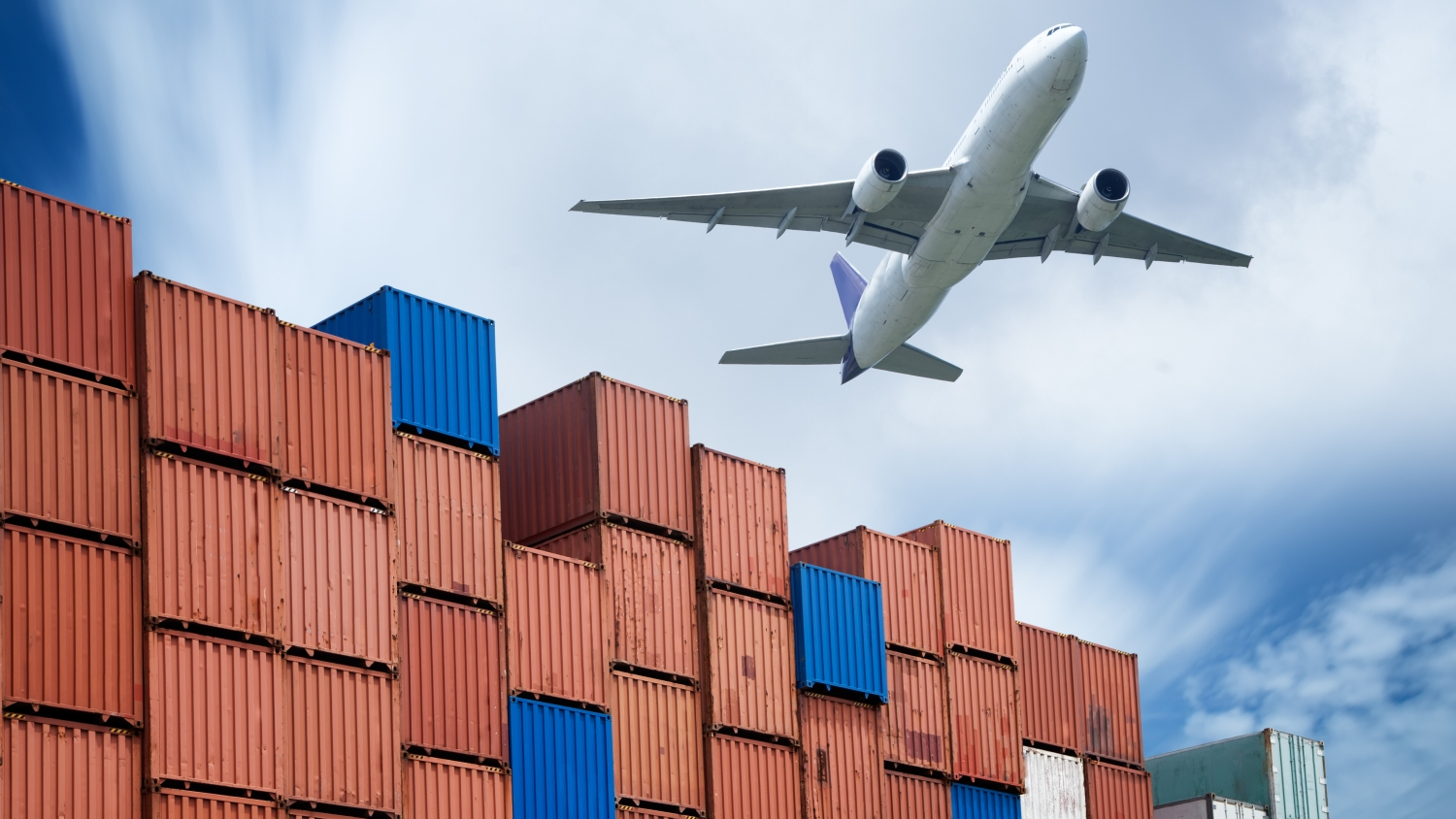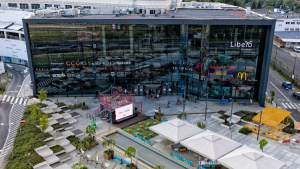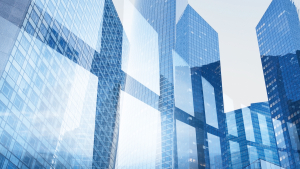
The COVID-19 crisis is expected to accelerate change in global supply chains, manufacturing and online retailing that could benefit the European property market, says Colliers International in its latest “Trends Emerging and Accelerated by the Covid-19 Pandemic” report.
The coronavirus pandemic has highlighted that although supply chains had reached extremely high and efficient levels of quality, throughput and to some extent cost, there is very little room for error. Many manufacturers and businesses have had to close their doors to protect the spread of the virus, but others have also had to close as essential materials, parts and products have been held-up due to breaks in the chain.
Kevin Turpin, Regional Director of Research, CEE explains: “Moving around Europe is quite complicated and is made up of many counties and borders, unlike large countries such as the US and China so, despite early signs of things getting moving again, there are still major delays at borders. Therefore, those relying on a just in time system will either need to adjust their time expectations or look at alternative solutions. These delays are increasingly challenging for those who deal with perishable items, which may well lead to increases in demand for additional units and, for example, refrigerated storage units”.

Kevin Turpin
Regional Director of Research | CEE
Colliers International
Key highlights from the report include:
Automotive and a rise in the car-sharing economy
Many of the world’s leading automotive manufacturers are headquartered in Europe with vast operations all over the world. Most of the production has been halted over the past number of weeks which has had a huge domino effect on so many related industries, including suppliers, shipping & logistics and car showrooms.
In addition, the automotive sector is not alone in having had its share of disruptive factors prior to the COVID-19 crisis, what with fluctuating sales, the push for more sustainable / hybrid products, autonomous vehicles and other innovations required to future proof the industry. This crisis again, like for many other sectors, may accelerate these changes, although to be realistic, these are hugely complex and heavyweight industries and it will take some time.
At present, there is quite a bit less car and public transport use in many countries as many people are working from home. How that trend continues we are yet to see but, given the choice of a few less commutes to the office a month and more scrutiny around business trips, there might be quite a few takers. As a result, we might also see a rise in the car-sharing economy or mobility as a service (MaaS) for example.
E-commerce: retailers with greater potential will further upscale their online activities
E-commerce has certainly been one of the few positive stories that have emerged from this crisis although, this has largely been down to the distribution of essential items including food, pharmaceutics and the much-discussed ‘PPE’. With the various lockdown restrictions in place and forced closure of most retail schemes across Europe, most people have had to resort to shopping online as a necessity, whether they did it before or not.
Several things that have been highlighted recently suggest that due to the virus and potentially large shifts in consumer behaviour, retailers with greater growth potential will be forced to upscale their online experience and fulfilment operations.
Technology and innovation may help soften the impact of the pandemic
The rise of the machines already began a long time ago, partially off the back of tight labour markets and times like these only go to prove just how much of an important role they play now and will play in the future. Buildings in the I&L sector have become markedly smarter over the last few years to cope with occupier demands as their operations, in turn, become increasingly more technologically driven.
There are so many areas in which technology is helping to improve the way buildings are run and the operations that go on inside them but, here are a few examples: Energy supply, monitoring and optimization, which is a big area as electricity for one is a costly part of any tech-driven operation and needs careful planning. Robots, autonomous forklifts, 3D printing and drones are a few other examples of tech that have been in use for some time already and is constantly evolving (although not by itself at the moment). There was no preparing us for this pandemic but, investment into technology and innovation may help soften the effects should the pandemic drag on, or indeed repeat itself in future.



